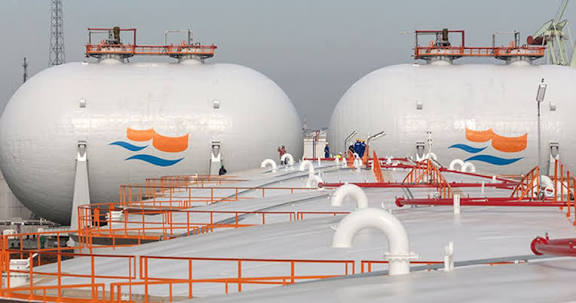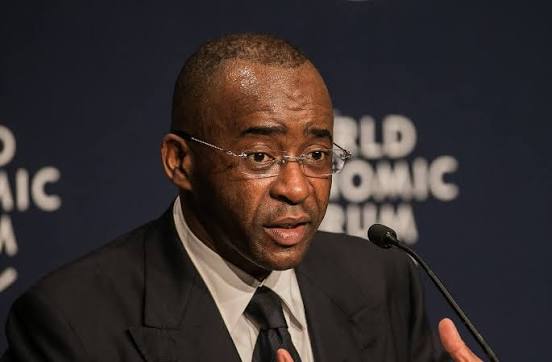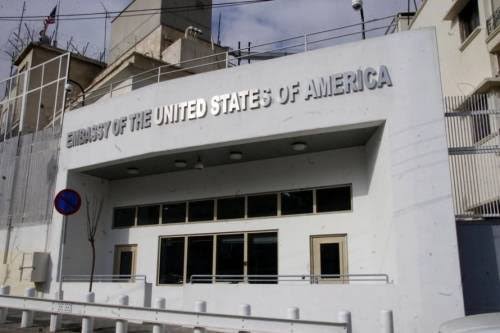
Faith Nyasuguta
The United States Mission in Nigeria has reaffirmed that visa application fees will remain strictly non-refundable and non-transferable, regardless of whether an applicant is granted a visa or denied one. In a public statement this week, the Mission explained that these fees are not tied to approvals but to the cost of processing applications, conducting background checks, and maintaining consular services.
The announcement responds to mounting frustration among Nigerians who feel they are paying steep fees with no assurance of success.
According to the Mission, each visa application is given a thorough and fair review, and the non-refund policy is a worldwide standard, not a measure directed at Nigeria. Consular officials urged prospective travelers to prepare carefully, meet all requirements for the visa category they are applying under, and rely only on official embassy or U.S. Department of State resources to avoid costly mistakes that could lead to rejection.
Errors or omissions on forms, incomplete documentation, or failure to satisfy interview questions remain among the most common reasons for denials.
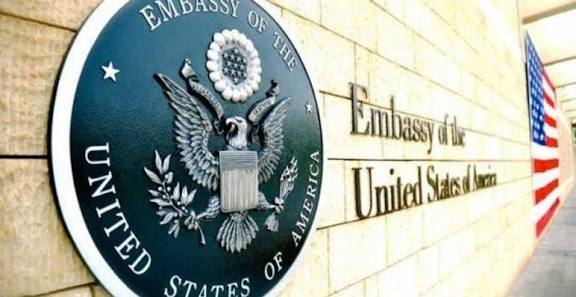
The clarification comes after changes to U.S. visa costs earlier this year. In May, the Department of State revised its global schedule of nonimmigrant visa fees, which also applies to Nigerian applicants. Under the new structure, visitor visas – the most common type for Nigerians travelling for tourism or business – cost $185. Other nonimmigrant categories such as student (F/M) and exchange (J) visas also follow the updated rates.
The policy reinforcement echoes a wider frustration across Africa over visa costs. Nigerian travelers lost millions of dollars last year in non-refundable application fees, mirroring losses suffered on European short-stay visas where high rejection rates combined with rising fees drained applicants’ pockets. Many Nigerians had hoped the United States might offer at least partial reimbursements, but the Mission made clear the fees cover administrative work already performed and cannot be returned.
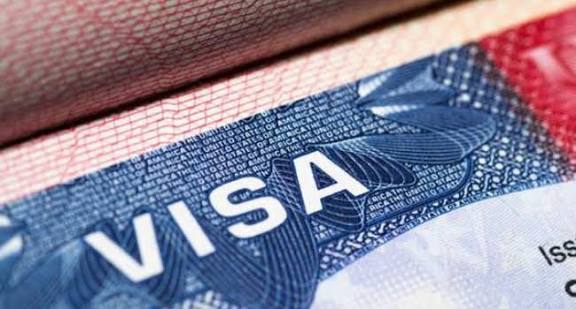
Consular officials stress that successful applications begin with proper preparation. They advise applicants to ensure every document is accurate and complete, apply well in advance of travel plans, and be wary of unofficial agents or unverified information. While the policy is unpopular, the Mission argues it is necessary to keep visa services running and to maintain fair and consistent processing for all applicants.
RELATED:






